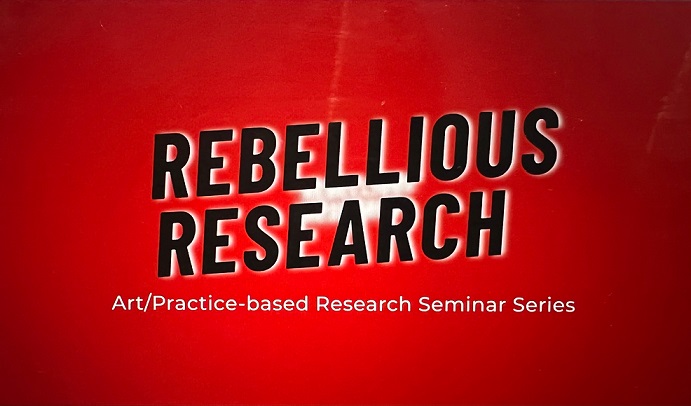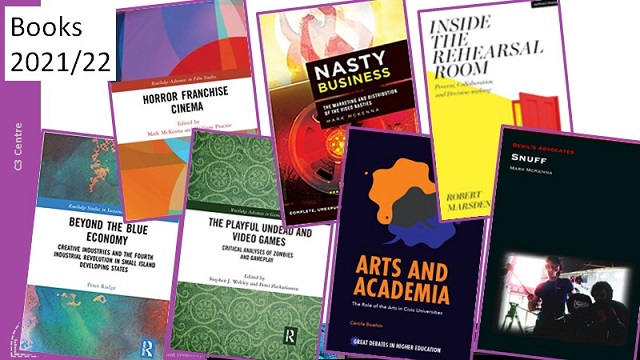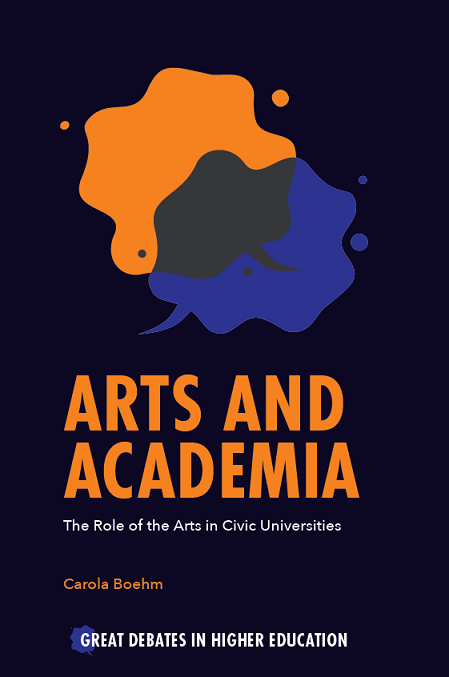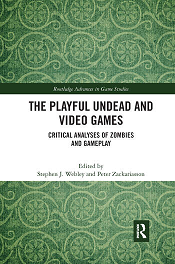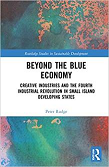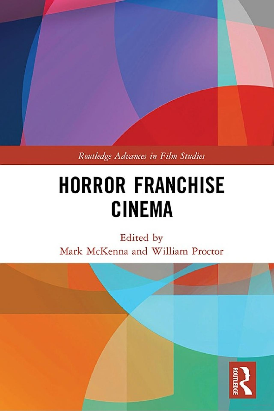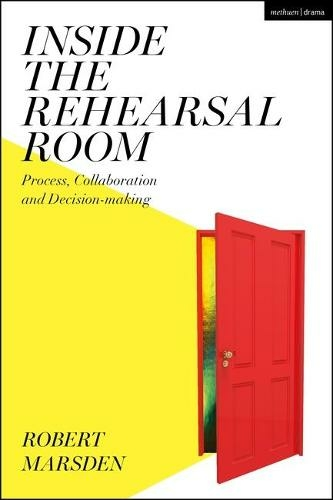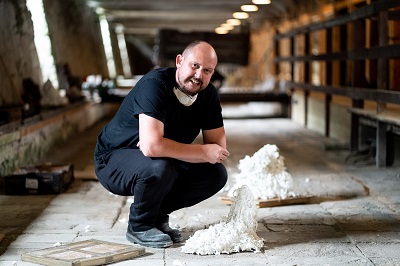Special Issue of the Journal PHILOSOPHY AND THEORY IN HIGHER EDUCATION (Peter Lang)
on:
Coloniality and Whiteness in the Academy: Towards Decolonial Futures
Guest Editors:
- Thushari Welikala, St George’s, University of London, UK
- Carola Boehm, Staffordshire University, UK
This special issue aims to contribute to the knowledge and understanding about the complexities, paradoxes, tensions, and possibilities of designing decolonial futures in higher education. Focusing on a timely and under-theorised area in higher education, it invites contributors and readers to critically engage with their own pedagogic practices and habits as well as the theoretical and conceptual frameworks that shape their thinking to explore the possibilities of disrupting whiteness and coloniality in higher education.
The universalized fictions of modernity (Mignolo and Walsh, 2018) and the strategic disregard for co- existing frames of knowing that do not capture western rationality (Bhabha, 1994) enable the western university to maintain and perpetuate colonial power structures, body-politics and geo-politics of knowledge-making, continuously reframing systemic knowledge hegemonies (Quijano, 2000). This can further reproduce designs for recolonising people, their Being and Becoming (Welikala, 2021), while suppressing and eradicating the knowledges of the ‘other’ (Bhambra et al., 2018).
The recent surge in decolonising curriculum, pedagogy and research in higher education is reinforced by social movements and student activism. Focusing mainly on formal curriculum, pedagogy and research leaves the structural and systemic coloniality aside, encouraging the practice of embedding decolonisation predominantly within equality, diversity and inclusion (EDI) policies and practices.
Subsequently, the notion of decolonisation is often conceptualised as a neutral, apolitical signifier/metaphor that can be used for a wide range of agendas that center around social justice, within the neoliberal university (Tuck and Yang, 2012).
As co-editors we argue that homogenising a wide range of experiences of oppression under the term ‘decolonisation’ can mask decolonisation as philanthropic enterprise initiated by the ‘powerful’ global centres to offer voice to the ‘powerless’, marginalised non-white groups (Cesaire, 2000). This ‘refined’ and comfortable approach to decolonising higher education focuses on limited areas of activity: diversifying the established knowledge/disciplinary cannons by introducing non-white authors; demonstrating interest in the acceptance of ‘alternative’ epistemologies while focusing on existing epistemic hegemonies; and increasing minority representation in operationalising EDI work that is led by the majority (white) groups. Rather than effectively addressing coloniality, such activities intensify the centrality of existing knowledge cannons while re-confirming the self-endorsed power of whiteness and the colonial imaginary within the academy (Maldonado-Torres, 2007).
The proliferating scholarship on decolonising education in the North, has seldom considered the pioneering, politically-informed decolonial turn initiated by the scholars in the global South and its theoretical underpinnings. The more radical decolonial approaches pioneered by the scholars in the global South, some decades ago, were focused on challenging the implications of modernity/coloniality and dismantling the colonial power hierarchies by transforming epistemic values and improving democracy in education (Mignolo, 2011). The absence of theoretical rigour and the lack of knowledge of the historicity of colonisation and coloniality has led toward a predominantly tokenistic approach to decoloniality in the academy in the global North.
Within this context, this special issue will address the following lines of inquiry:
- What are the underlying political-historical and socio-cultural triggers that inform the dominant discourses and practices of current projects on decolonising higher education? To what extent do these discourses and practices address (or not) coloniality within the academy? How might ‘whiteness’ as a social-institutional imaginary inform the maintenance and promotion of coloniality?
- How do the theoretical underpinnings and conceptual frameworks that inform decolonizing the academy across geo-political contexts reflect and intersect (or not) with the theoretical frameworks pioneered by scholars in the global South? How can decolonial projects be distinguished from projects on internationalisation, inclusive education, diversity, and equality?
- What are the systemic/structural as well as context-specific barriers that can affect the initiation and operationalisation of decoloniality within the academy? How can such barriers be effectively addressed? What are the implications of effective decolonial approaches in terms of their values, structures, teaching, learning, and researching?
The idea for this special issue emerged during a series of Club Meet conversations within the Philosophy and Theory in Higher Education Society in October 2021. We seek contributions from those who engaged in those conversations and submissions from distinguished scholars and early career researchers who have a background in decolonising the academy. Contributions are encouraged to draw from inter-disciplinary and international perspectives on coloniality and decolonising. This inter- disciplinarity and the pluriculturality will stimulate rich and critical conversations on policy and practice aimed at decolonising the academy across geopolitical contexts.
Format for the Abstract Submission
- Include a cover page with authors’ names, affiliations, email addresses.
- An abstract of 500-1,000 words that includes the theoretical framework and/or methods and methodology (if appropriate), states the argument, and identifies the significance of the issue.
- For proposal purposes it is not necessary but do note that final manuscripts must follow The Chicago Manual of Style, with no in-text parenthetical citations.
Format for the Final Submission of the Manuscripts
- Manuscripts should have a minimum of 6000 and maximum of 8000 words.
- Each manuscript will need to include a 250-word abstract and 4 – 6 keywords.
- Final manuscripts must follow The Chicago Manual of Style, with no in-text parenthetical citations.
- PTHE defers to author preference in decisions about the naming and capitalization of racial, ethnic, and cultural groups.
- PTHE defers to author preference as to the variety of English to be used, except where, in the opinion of the editors, understanding is compromised.
- Each manuscript should have a cover page with author’s names and affiliations as they will appear in the journal. They should also include an email for sending the DocuSign form for the Author’s Publication Agreement.
Submit proposals directly to the Guest Editor: twelikal@sgul.ac.uk . Please reference “coloniality special issue” in the subject line of your email. Completed manuscripts (see timeline below) will be submitted through the journal’s submission platform for review purposes.
Timeline
Call for Proposals
March 14, 2022
Proposals due
May 30, 2022
Decision from Guest Editor to pursue manuscript
June 30, 2022
Complete Manuscripts due for submission
November 1, 2022
Reviews returned and final editorial decision
February 1, 2023
Revised manuscripts due
May 1, 2023
Publication
November 2023
